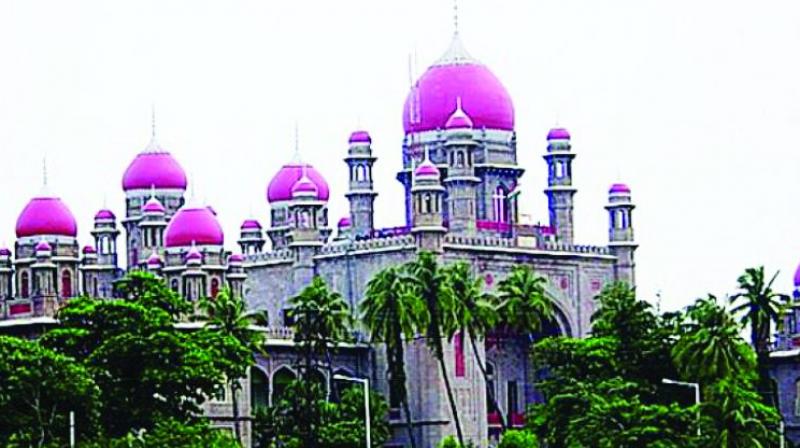Hyderabad: No RTI for self-funded temples
Desirable to get shrines in RTI, opines Judge.

Hyderabad: In a significant verdict, the Hyderabad High Court has held that religious institutions like temples, churches and mosques, which are not financed or funded by the government do not fall within the purview of the Right to Information Act, 2005.
Justice Challa Kodandaram while allowing a batch of petitions opined that because the religious institutions were receiving enormous amount of money in the form of donations from various sources, it was desirable to amend the rules to achieve the objects of the RTI Act.
The judge allowed as many as 95 petitions filed by Mr G. Rajendranath Goud, member of the family of the founder of the Sri Venkateswara Swamy temple at Chikkadpally in the city, and trustees of various temples challenging a memo issued by the erstwhile AP government in 2007 on the matter.
The memo had declared that the executive officers of all temples were to be considered public authority under the Right to Information Act of 2005, and directed them to furnish information sought by applicants under the RTI Act.
Counsels for the petitioners contended that various High Courts and the Supreme Court had held that the RTI Act does not apply to a temple whether or not it is under the endowments department.
The counsels argued that there was no obligation on the trustees, chairpersons, trust boards and executive officers of the temples to respond and furnish information under the Right to Information Act.
After perusing orders of the apex court and High Courts, the judge concluded that the definition of ‘public authority’ under Section 2(H) of the RTI Act and the provisions of the legislation were not applicable to endowments institutions.
Justice Kodandaram said that the Kerala High Court in A.C. Bhanunni V/S the Commissio-ner, Malabar Devaswom Board, had held that Hindu religious institutions and endowments were not ‘public authorities’ as defined in the RTI Act and the legislation did not apply to such institutions and their offices, officers and employees.
The judge noted that the distinction between ‘public authority’ as defined under the RTI Act in contrast to ‘public authority’ as normally understood in common parlance, and pointed out that officers in religious institutions do not fit into the definition of ‘public authority’ by applying the principle of ejusdem generis (as the same kind).

